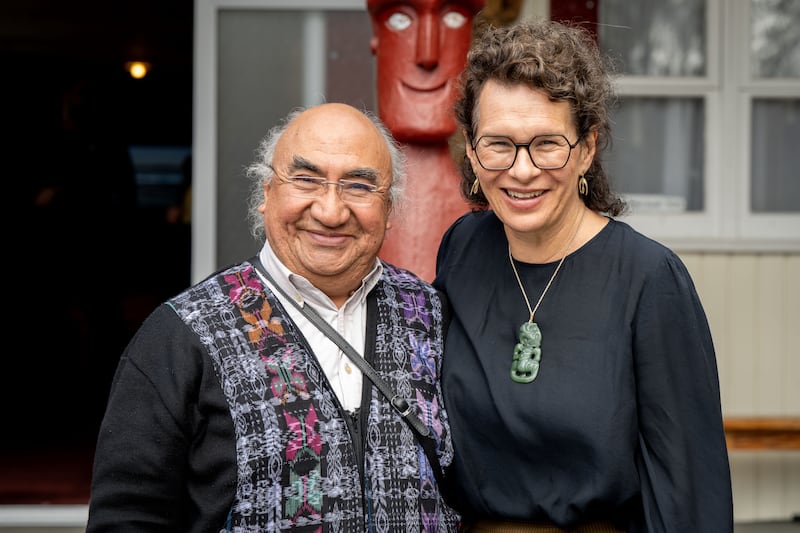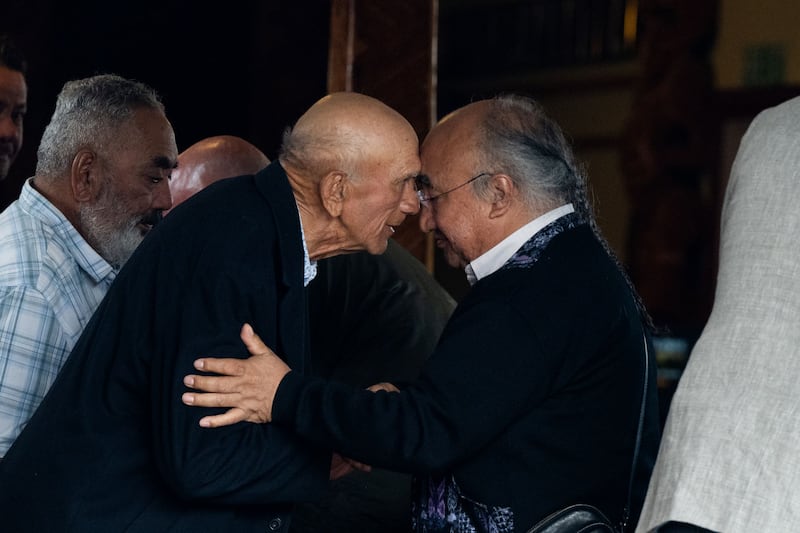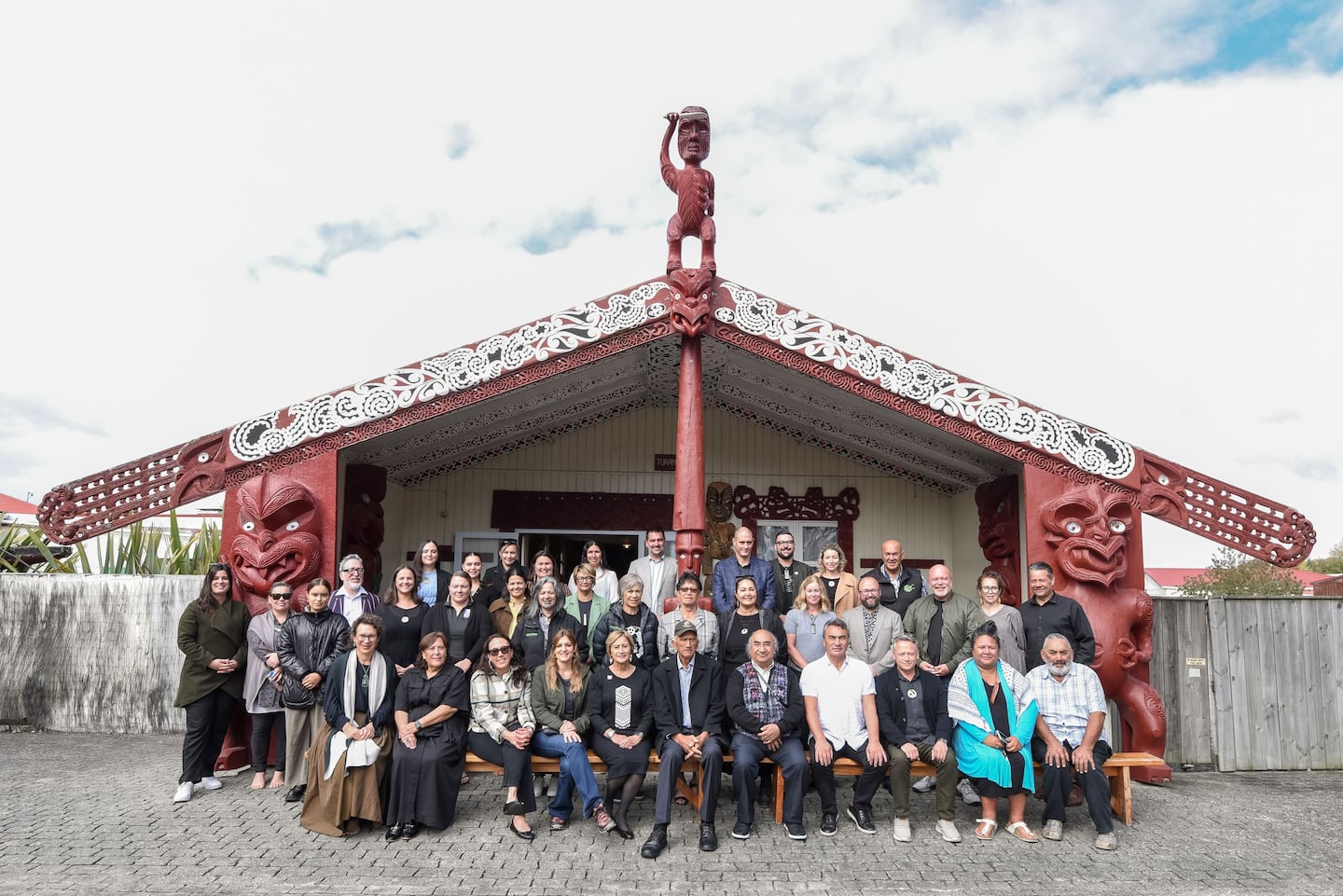With people in Nelson waiting on the High Court decision in Aotearoa’s longest-running land dispute, the UN Special Rapporteur on the Rights of Indigenous Peoples dropped in earlier this week and learned about the Nelson Tenths and the ongoing litigation against the Crown.
Wakatū Incorporation briefed the rapporteur, Francisco Calí Tzay, about the case and its breaches of international law as it relates to indigenous peoples and the significance the case has within the regional, national and global landscape
The High Court trial came after the Supreme Court decided in 2017 told the Crown, it had a duty to honour an original agreement to reserve 15,100 acres of land as the Nelson Tenths Reserves during settlement.
While in Nelson, Tzay visited places that had the historical, cultural and legal significance of the Nelson Tenths case.

Wakatū Incorporation CEO Kerensa Johnston said the Special Rapporteur visit was an opportunity for them to shine a light on “the government’s ongoing breaches of human rights” in relation to the Nelson Tenths Reserves.
“Seven years have now passed since the Supreme Court’s landmark decision that the Crown owes a fiduciary duty to the customary Māori owners of the Nelson Tenths. Despite this no land has been returned and no compensation has been paid.
“By failing to work with us on a solution to resolve our case, the Government continues to deny the customary Māori owners of the Nelson Tenths the right to their land, territories and resources, the right to redress, the right to take part in cultural life, and the right to self-determination.
“These are breaches of human rights under the United Declaration of the Rights of Indigenous Peoples,” Johnston said.
The United Nations sent Tzay to Aotearoa to speak on his experiences with countries where constitutional arrangements recognise and empower indigenous governance alongside that of the government such as Canada, Colombia, Ecuador and many more.

During his events around the country, he has met with iwi and hapū leaders, Te Kāhui Tika Tangata, Māori organisations and Indigenous legal experts on Māori rights and the role te Tiriti o Waitangi plays in New Zealand’s constitution.
With the UN Special Rapporteur visiting Whakatū, Johnston hopes it would help with the ongoing Nelson Tenths case.
“[This is] to both realise the human rights of the Māori customary owners of the Nelson Tenths and remind the Government of the significance of the Nelson Tenths kaupapa as we continue our fight for justice,” she said.



